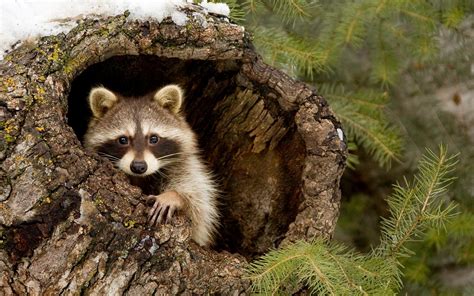A Raccoon-Free Home: It's Easier Than You Think
Raccoons. Those masked bandits of the night. While undeniably cute, their nighttime raids on your garbage, attic, or even your pet's food bowl can quickly turn charming into chaos. But achieving a raccoon-free home isn't a Herculean task. With a proactive approach and a few simple strategies, you can significantly reduce—and even eliminate—the chances of these clever critters making your property their personal buffet.
Why are Raccoons Attracted to My Home?
Raccoons are opportunistic omnivores. They're attracted to homes primarily because of readily available food sources. This means unsecured garbage cans, pet food left outdoors, bird feeders, and even compost piles become irresistible invitations. Beyond food, access to shelter and denning sites, such as gaps in your siding, loose roof tiles, or open chimneys, also play a crucial role in attracting them.
How Can I Keep Raccoons Out of My Garbage?
This is often the battleground zero for raccoon conflicts. Here's how to win:
- Secure your garbage cans: Invest in heavy-duty, animal-resistant trash cans with tight-fitting lids. Consider adding weights or securing them with bungee cords for extra protection.
- Regular garbage disposal: Don't let garbage pile up. Take out the trash frequently, especially during warmer months when food decomposes faster.
- Cleanliness is key: Regularly clean your garbage cans, both inside and out, to eliminate lingering food scents that attract raccoons.
What About My Attic and Other Entry Points?
Raccoons are expert climbers and can squeeze into surprisingly small spaces. Regular inspections and preventative measures are essential:
- Seal up entry points: Check your roofline, siding, chimneys, and vents for any gaps or cracks. Use strong, durable materials like steel mesh or concrete to repair any openings. Consider professional help for difficult-to-reach areas.
- Remove overhanging branches: Trim back trees and bushes that provide easy access to your roof and attic.
- Install one-way doors: If raccoons are already in your attic, one-way doors allow them to exit but prevent them from re-entering. However, it's crucial to ensure all other entry points are sealed.
How Can I Protect My Pets' Food?
Protecting your pets' food is a vital step in deterring raccoons:
- Store food indoors: Bring pet food bowls inside at night. Consider using weighted or covered food bowls to prevent scavenging.
- Secure outdoor feeders: If you use outdoor feeders, choose models that are raccoon-resistant. These often have baffles or other features designed to prevent access.
Are Repellents Effective Against Raccoons?
Commercial raccoon repellents can be helpful, but their effectiveness varies. They often rely on strong smells or tastes that deter raccoons, but these can lose their effectiveness over time, requiring reapplication. Combine repellents with other preventative measures for optimal results.
What if I Already Have a Raccoon Problem?
If you've already got raccoons in your attic or other areas of your home, don't attempt to handle them yourself. Raccoons can be aggressive and carry diseases. Contact your local animal control or wildlife removal specialists. They have the expertise and equipment to safely and humanely remove raccoons and prevent them from returning.
Can I Prevent Raccoons from Getting Into My Bird Feeder?
This is a common point of conflict. Choose bird feeders designed to prevent raccoon access—those with cages or baffles are more effective. Consider removing feeders completely during periods of high raccoon activity. Clean up spilled seeds regularly to eliminate attractive food sources.
By implementing these strategies, you can create a raccoon-free environment around your home. Remember, proactive measures are key to preventing these clever creatures from becoming unwanted house guests. A little prevention goes a long way in maintaining a peaceful and raccoon-free coexistence.

